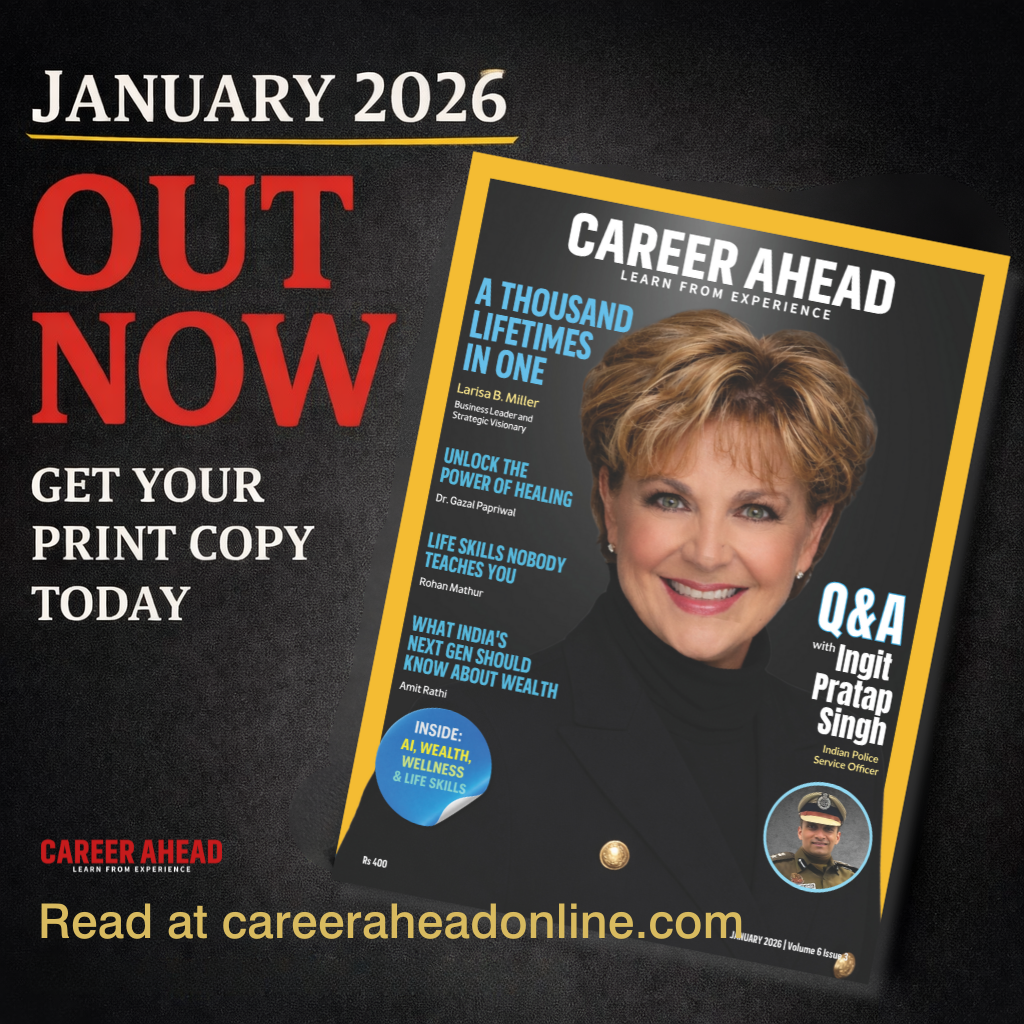No products in the cart.
Pursuing Unconventional Careers: Lessons from ‘Fight for My Way’
'Fight for My Way' offers valuable insights into unconventional career paths and the pursuit of passion. Learn how to redefine success!
Seoul, South Korea — The South Korean drama ‘Fight for My Way’ resonates deeply with a generation navigating the complexities of modern careers. It tells the story of four friends striving for success in unconventional fields, challenging traditional definitions of achievement.
In the show, characters like Go Dong-man and Choi Ae-ra grapple with societal expectations while pursuing their dreams. Each character embodies the struggle between passion and practicality, illustrating a broader trend among young professionals today. The narrative strikes a chord in an era where the gig economy and non-traditional career paths are becoming more prevalent.

As the world evolves, so do career aspirations. The rise of platforms like Upwork and Etsy highlights a shift toward freelance and entrepreneurial endeavors. According to a report by Upwork, 36% of the U.S. workforce is now freelancing, a figure projected to grow as remote work becomes normalized post-pandemic[1].
 Business Insights
Business Insights4chan’s Creator Denies Epstein Influence Over /pol/ Board Creation
4chan's creator, Chris Poole, has denied any connection between Jeffrey Epstein and the creation of the controversial /pol/ board, addressing…
Young adults, particularly those aged 16 to 35, often face immense pressure to conform to established career trajectories. However, ‘Fight for My Way’ encourages viewers to embrace their passions, even when they diverge from societal norms. It exemplifies how success can be redefined beyond conventional markers such as salary or job title.
A survey by LinkedIn found that 78% of professionals believe that skills and passions should dictate career paths over traditional education or job titles[2].
This redefinition is crucial in today’s fast-paced job market. A survey by LinkedIn found that 78% of professionals believe that skills and passions should dictate career paths over traditional education or job titles[2]. This sentiment aligns with the show’s core message: it is possible to find fulfillment in non-traditional careers.
Moreover, the characters’ journeys illustrate the importance of resilience and adaptability. Dong-man, a former taekwondo champion, transitions into mixed martial arts, demonstrating how transferable skills can lead to new opportunities. Similarly, Ae-ra, who aspires to be an announcer, faces numerous setbacks but continues to pursue her dream, reinforcing the idea that perseverance is key to overcoming obstacles.
The narrative also sheds light on the impact of community and support systems in pursuing unconventional paths. As the characters face rejection and uncertainty, their friendships provide emotional backing, emphasizing the role of networks in career development. Building a strong professional network can often be the difference between stagnation and success in today’s dynamic job landscape.
 News
NewsScotland Plans Property Tax on Homes Worth Over £1 Million
Scotland is set to introduce a new property tax targeting homes worth over £1 million, which could significantly affect wealthy…
Read More →While ‘Fight for My Way’ is a fictional portrayal, its themes mirror real-world challenges faced by many. The pressure to succeed, coupled with the fear of failure, can deter individuals from pursuing their passions. Yet, the show encourages viewers to embrace their unique journeys, offering a powerful reminder that success is subjective.
As more young people challenge traditional career norms, organizations must adapt to this shift. Companies are increasingly recognizing the value of diverse skill sets and unconventional experiences. A report from McKinsey highlights that firms with greater diversity are 35% more likely to outperform their competitors[3].
As the characters face rejection and uncertainty, their friendships provide emotional backing, emphasizing the role of networks in career development.
In conclusion, ‘Fight for My Way’ serves as both a source of inspiration and a reflection of the changing professional landscape. Its characters encourage a reevaluation of what it means to be successful in today’s world. As the boundaries between traditional and non-traditional careers continue to blur, embracing passion, resilience, and community support will be vital for the next generation of professionals.
 Emotional Intelligence
Emotional IntelligenceThe Depths of Emotion: Understanding Gen Z’s Sensitivity
Gen Z's heightened emotional awareness shapes their professional and personal interactions. Explore the implications for the workplace and society.
Read More →Ultimately, the lessons from ‘Fight for My Way’ are clear: redefine success on your own terms and pursue what truly matters to you. The future of work is not just about jobs; it’s about fulfilling careers that resonate with personal values and aspirations.











